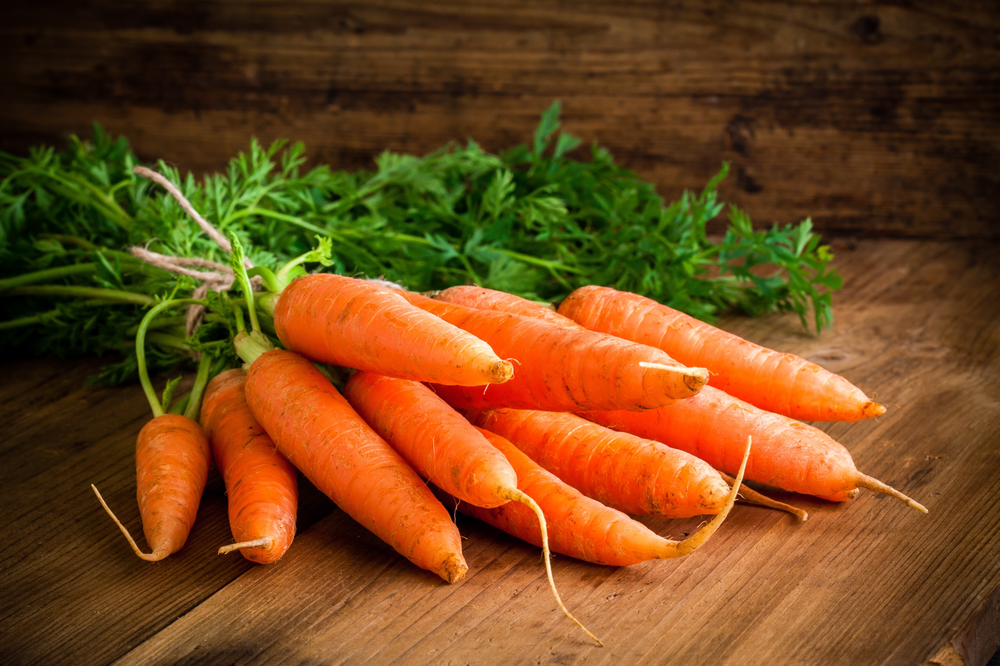
6 Superfoods for Cancer Prevention
According to the World Health Organization (WHO), cancer is a leading cause of death worldwide, with approximately 10 million deaths reported in 2020. Cancer does not affect a particular gender or age group. The most common types of cancer among Americans include breast cancer, lung cancer, colon cancer, skin cancer, and prostate cancer.
While several external factors, such as smoking, chemical exposure, and diet can contribute to the development of cancer; several so called superfoods can actually deter the development of cancers, such as:
1. Cruciferous vegetables
There are several different types of vegetables in the cruciferous family including broccoli, cauliflower, brussels sprouts, kale, and cabbage. Each of these vegetables has its own unique set of health benefits, but they are all high in fiber and contain cancer-fighting compounds known as glucosinolates. Sulforaphane is a compound that occurs naturally in cruciferous vegetables, such as broccoli and kale. Your body processes sulforaphane by converting it into another compound called sulforaphane. Sulforaphane is the compound that gives these vegetables their health benefits. Sulforaphane has been shown to have potent anticancer activity. It can inhibit cancer cell growth and stimulate cancer cell death. Sulforaphane can also inhibit histone deacetylase (HDAC), an enzyme with links to cancer development.
2. Berries
Berries are a good source of vitamins, minerals, and fiber. They are also low in caloric content, which makes them an ideal food for weight management. Dark berries like blueberries, strawberries, raspberries, and blackberries contain many different antioxidants, such as anthocyanins and flavonoids. Due to the rich antioxidant characteristics and potential health advantages, berries are also natural anti-inflammatory foods, which have been shown to inhibit the growth of breast cancer tumors in mice. Anthocyanin, which is a compound present in blackberries and raspberries, lowers biomarkers for colon cancer.
3. Fatty fish
Fatty fish contains omega-3 fatty acids, which have been shown to prevent some of the most common cancers that occur in adults, including breast cancer, colon cancer, and prostate cancer. Omega 3’s fight cancer by slowing growth, preventing spread, and even causing cancerous tumors to shrink. Omega-3’s also lower the risk for cardiovascular diseases, and heart attack and stroke. Furthermore, studies show that consuming fish oils later in life is linked to a significantly lower risk for all cancers.
4. Walnuts
Walnuts contain a substance called pedunculagin. The body metabolizes pedunculagin into urolithins, which are compounds that bind to estrogen receptors and may play a role in preventing breast cancer. In addition, these nuts contain alpha-linolenic acid (ALA), which is an omega 3 fatty acid that may protect against breast cancer. Walnuts also have some properties that make them helpful for preventing cancer, especially when used in conjunction with vitamin D3 or zinc supplements.
5. Legumes
Legumes such as chickpeas, peanuts, black beans, green peas, and kidney beans contain a variety of different vitamins and minerals that help to protect against cancer. They are also high in fiber, which has been shown to reduce the risk of colon cancer. These plants also contain protease inhibitors, which have been shown to slow down the growth of cancer cells.
6. Carrots
Beta-carotene, a precursor of vitamin A, is abundant in carrots. Eating carrots or foods that contain beta-carotene can help you prevent cancer since this vitamin contains antioxidants. Carrots are also rich in fiber and minerals. Beta-carotene is said to have anti-inflammatory properties, which may be why it helps protect against colon cancer.
While you can’t “cure” cancer, a plant-based diet can help prevent some of the risk factors that are associated with developing several types of cancer. If you’re looking for ways to reduce your risk, then a change in diet that’s high in red meat and dairy to an eating regimen that’s focused on fresh fruits and vegetables is a great place to start.



